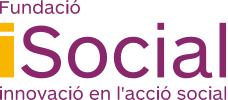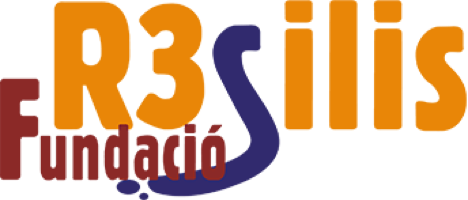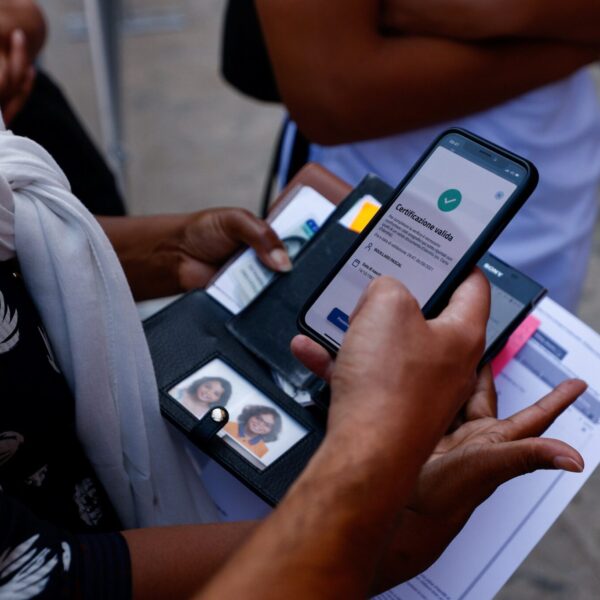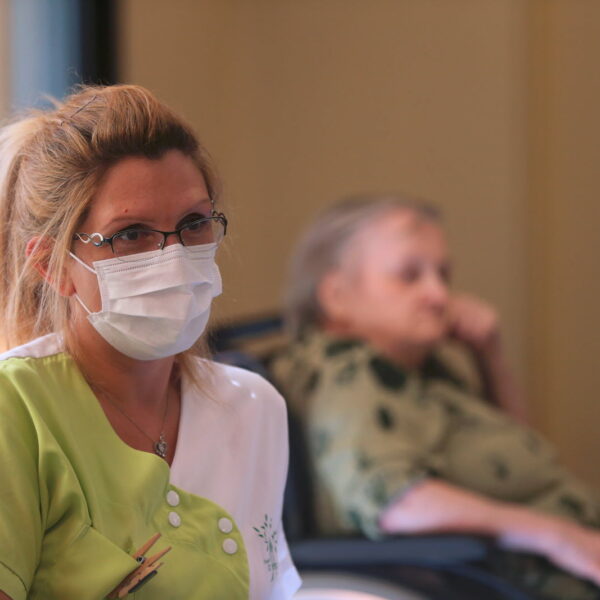Prevention of children institutionalization

Prevention of children institutionalization

Design for UNICEF-Spain of a public system of community detection and early intervention in children at risk
(2022)
We are collaborating with KSNET (Knowledge Sharing Network) and the suport of the iSocial member NGO Fundació Resilis-Plataforma Educativa, to develop this model for UNICEF-Spain with the participation of 10 municipalities of C.Madrid, C.Valenciana and C.Castilla-La Mancha. The project “Prevención comunitaria y participación con niños, niñas y adolescentes en el sistema de protección” seeks to modernize social services in the field of children at risk, from a perspective based on a framework of rights, an intervention and support focused on each person, and the promotion of a community and preventive approach. With KSNET, the iSocial Foundation develops various phases of research, resource map and identification of good practices that allow the development of a preventive model of community detection and early intervention in children at risk. ISocial’s work focuses on identifying, selecting, and analyzing good local and international practices that can inspire and guide this new model.
Numerous studies have shown that the institutionalization of children and adolescents can have serious consequences for their development, social inclusion and mental health. Therefore, together with the actions to improve the system of protection for children at risk, experts agree that mechanisms must be articulated to prevent and detect risk situations effectively and early. These mechanisms must be accompanied by preventive measures to ensure an inclusive environment and emotional security that enables the satisfactory development of children and adolescents. To this end, local governments, as institutions closest to children and adolescents, are in a better position to successfully implement such measures.
Goals
- Design an intervention model for risk situations at the local level, differentiating between the detection model and the intervention model for a moderate risk situation.
- Improve the system of detection and local intervention in situations of risk.
- Generate knowledge and disseminate it to facilitate the replicability of the model designed in other municipalities in Spain.
Expected results
1. Diagnosis of the situation of the key factors influencing the likelihood of a child or young person being at risk, as well as identification of obstacles, bottlenecks, success factors and opportunities for local governments to deal with these possible risk situations in a preventive, early and comprehensive manner.
2. Map of resources, measures and actions to detect situations of risk and interventions in front of it in a preventive way.
3. Bank of good practices in risk detection and intervention.
4. Proposal for a model of community and comprehensive intervention for the detection and prevention of these risk situations in childhood for local authorities, as well as their theory of change.
Partners


Collaborates

Lead

Projectes de recerca






